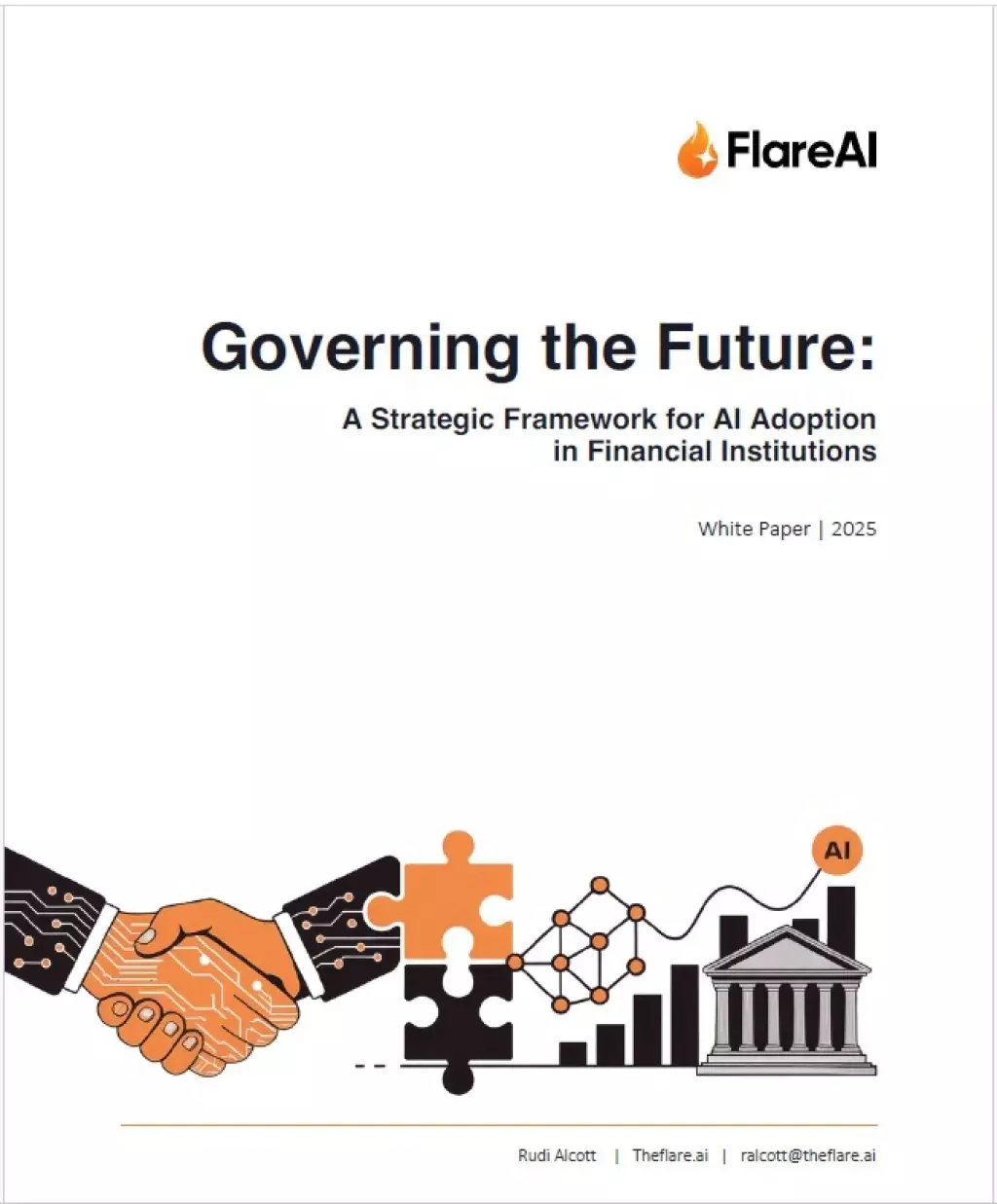Google Introduces Agent Payments Protocol for AI-Driven Transactions
Google has launched the Agent Payments Protocol (AP2), an open protocol designed to enable AI agents to initiate and complete transactions on behalf of users. This new system, announced in collaboration with over 60 merchants and financial institutions, aims to provide a secure and interoperable framework for AI-driven purchases across various platforms. The full specification for AP2 is available on GitHub, as detailed in a company blog post.
AP2 is designed to support complex interactions between AI agents and retailers, allowing for real-time negotiations and transactions. The protocol requires two levels of approval: an "intent mandate" for initial search and negotiation, and a "cart mandate" for final purchase approval. This ensures a traceable and auditable transaction process, which is crucial for maintaining security and accountability.
In addition to traditional payment methods, AP2 also supports cryptocurrency transactions through an extension developed in collaboration with Coinbase, MetaMask, and the Ethereum Foundation. This extension integrates the x402 protocol, enabling AI-driven purchases from crypto wallets.
The success of AP2 will depend on its adoption by developers and other stakeholders in the payments ecosystem. However, with backing from major financial providers like Mastercard, American Express, and PayPal, the protocol is poised to make a significant impact on the future of AI-driven commerce.
We hope you enjoyed this article.
Consider subscribing to one of our newsletters like Finance AI Weekly or Daily AI Brief.
Also, consider following us on social media:
More from: Finance
Subscribe to Finance AI Weekly
Weekly newsletter about AI in finance. Covers AI-driven trading, fintech innovations, and data analytics transforming markets
Whitepaper
Governing the Future: A Strategic Framework for AI Adoption in Financial Institutions
This whitepaper explores the transformative impact of artificial intelligence on the financial industry, focusing on the governance challenges and regulatory demands faced by banks. It provides a strategic framework for AI adoption, emphasizing the importance of a unified AI approach to streamline compliance and reduce operational costs. The document offers actionable insights and expert recommendations for banks with fewer than 2,000 employees to become leaders in compliant, customer-centric AI.
Read more
